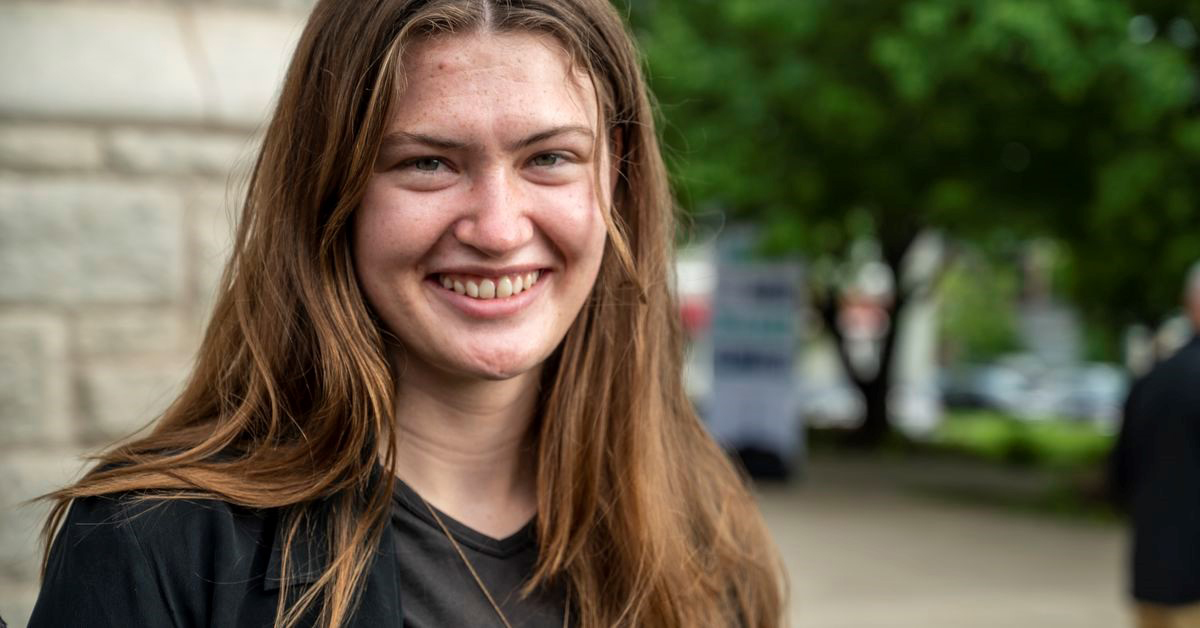(Reuters) – Montana is violating the rights of young people with policies that prohibit the state from considering climate change effects when it reviews coal mining, natural gas extraction and other fossil fuel projects, a state judge said yesterday.
The decision by Judge Kathy Seeley in Helena marked a major victory in the first youth-led climate case to reach trial in the U.S. and could influence similar cases nationwide.
In her ruling, Seeley said Montana’s greenhouse gas emissions have been proven to be “a substantial factor” in causing climate impacts to Montana’s environment, harming the young plaintiffs.
The 16 plaintiffs sued Montana in 2020, when they were ages 2 to 18, claiming the state’s permitting of projects like coal and natural gas production exacerbated the climate crisis, despite a 1972 amendment to the Montana constitution requiring the state to protect and improve the environment.
Seeley said the plaintiffs have a “fundamental constitutional right to a clean and healthful environment.” She said policies that prohibit state agencies from considering climate and emissions impacts when approving fossil fuel projects are unconstitutional.
In a June trial, the youths had argued that despite its sparse population, Montana is responsible for an outsized share of global emissions. The state is a major producer of coal, oil and gas that is shipped elsewhere and is also the home of pipelines and other infrastructure needed to ship those fuels.
Several of the young plaintiffs took the stand during the trial and detailed how climate change affected their lives.
Lead plaintiff Rikki Held, 22, testified that droughts have left “skinny cows and dead cattle” on her family’s ranch in eastern Montana and wildfires have made ash fall from the sky.
The state argued that climate policy should not be set by courts and the plaintiffs hadn’t proved that the global crisis could be attributed to Montana’s relatively small emissions.
A spokesperson for the Montana attorney general’s office on Monday called the ruling “absurd,” and Seeley an “ideological judge who bent over backward to allow the case to move forward.” The state plans on appealing, the spokesperson said.
Julia Olson, an attorney for Our Children’s Trust, which represented the young people, called the decision a “huge win for Montana” and said similar decisions were likely to follow in different states.
Michael Gerrard, director of the Sabin Center for Climate Change Law at Columbia Law School, said Seeley’s findings, including that climate change is a serious health and environmental threat, could “become an inspiration” for lawsuits in states with similar constitutional provisions and make it more difficult for defendants to wave away climate concerns.
It is “the strongest decision on climate change ever issued by any court,” he said.
The case was one of several youth-led climate cases in the U.S. A case by young people in Hawaii against the state’s Department of Transportation is scheduled to go to trial next year, making it the second in the country to do so. A case against the U.S. government was revived in June after being dismissed by the 9th U.S. Circuit Court of Appeals in 2020.

